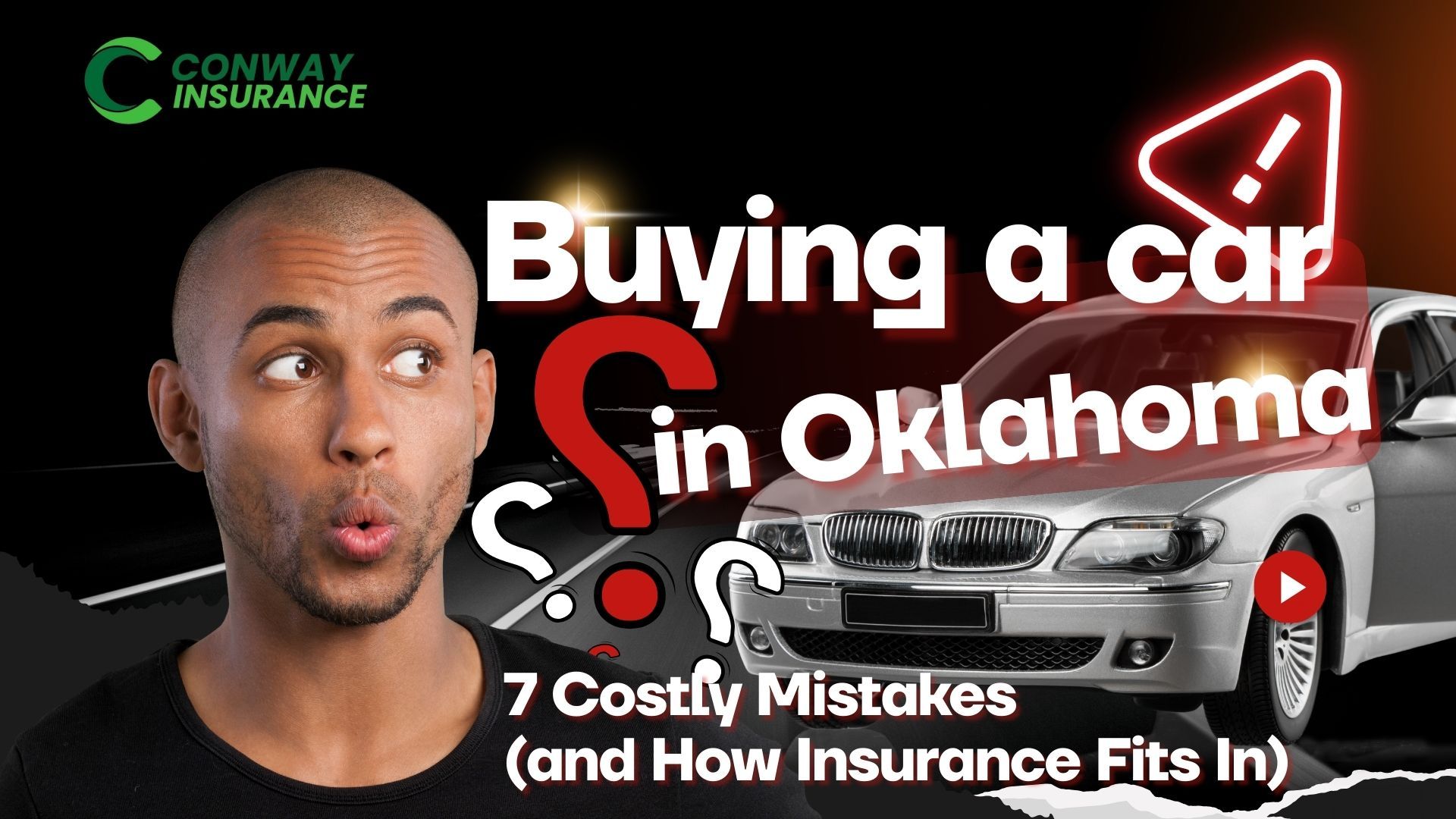Not All Home Insurance Are Created The Same
Not All Home Policies Are Created Equal

For many when comparing home insurance options, the price difference is the one and only thing people use for comparison. However, using this evaluation method as the sole determinate often leaves the insured with additional out of pocket expense at the time of a claim.
For many, their home maybe the single most expensive asset they own. When shopping for personal home insurance, do not hesitate to ask questions and understand what the coverages are.
- What does the policy cover? Understand the extent of coverage for your home, including primary dwelling coverage, other structures, personal property coverage, liability coverage, and additional living expenses coverage.
- What are the policy limits? Know the maximum amount the insurance company will pay for covered losses. Many are under insured compared to the value of the property.
- What perils are covered? Inquire about the specific events or circumstances (such as fire, theft, or natural disasters) that the policy protects against. Is the main dwelling, other structures, and personal property covered under an open peril or named peril definition?
- Is the policy providing coverage for replacement cost (RC), actual cash value (ACV), or some other valuation? Are certain items covered for ACV and not RC? Your home maybe covered for replacement cost however a roof damaged in a hail storm maybe be covered for only ACV.
- Are there any exclusions? Learn about situations or types of damage that aren't covered by the policy and items that have sub-limits. Such as damage from a flood or theft of jewelry.
- What is the deductible? Understand the amount you'll need to pay out-of-pocket before your insurance coverage kicks in.
- Is there coverage for additional structures? If you have structures on your property like a detached garage or shed, confirm if they're covered and to what extent.
- Does the policy include liability coverage? Understand the level of liability protection provided in case someone is injured on your property and decides to sue. Is this just for premises only?
- Extended dwelling covered? Extended dwelling coverage is an optional coverage that can be added to a homeowners insurance policy. It provides additional protection beyond the standard dwelling coverage limit. This coverage is useful in scenarios where the cost to rebuild or repair your home exceeds the limit of your standard dwelling coverage due to factors like inflation, increased construction costs, or unique architectural features. Extended dwelling coverage ensures that you have adequate funds to rebuild or repair your home to its original condition in case of a covered loss, even if the cost exceeds the standard coverage limit.
- Code Coverage (or Ordinance or Law Coverage): Code coverage is another optional coverage that can be added to a homeowners insurance policy. It provides coverage for the additional expenses incurred to comply with building codes or ordinances when repairing or rebuilding a damaged home. Building codes and ordinances are updated regularly, and if your home is damaged, you may be required to make certain upgrades or modifications to comply with current codes. Code coverage helps cover the extra costs associated with these upgrades, ensuring that your home meets current building standards.
- What other coverages are available? Carriers may offer additional coverage for an additional premium (price) to cover damage from back up of sewage, coverage for service lines, personal injury coverage, and host of other coverages for things that are otherwise not covered, excluded, or limited.
Pricing is not the only difference between insurance quotes and policies. Often the differences are the coverages and deductibles. Having reduced coverages and/or higher deductibles often means higher out of pocket expense for the insured even for a covered claim or the incident is not covered.
Paying lower rate at the time of the policy could mean more out of pocket expense at the time of lose.
There are options that may help reduce cost of home insurance. Ask about potential discounts for features like security systems and smoke detectors. Bundling multiple policies such as an auto policy with the same carrier. Compare rates with multiple carriers keeping coverages similar. Even increasing the deductibles will assist in reducing cost without sacrificing coverage itself.
Talk with a licensed agent to review options that is best for you and your family.
Recent posts


